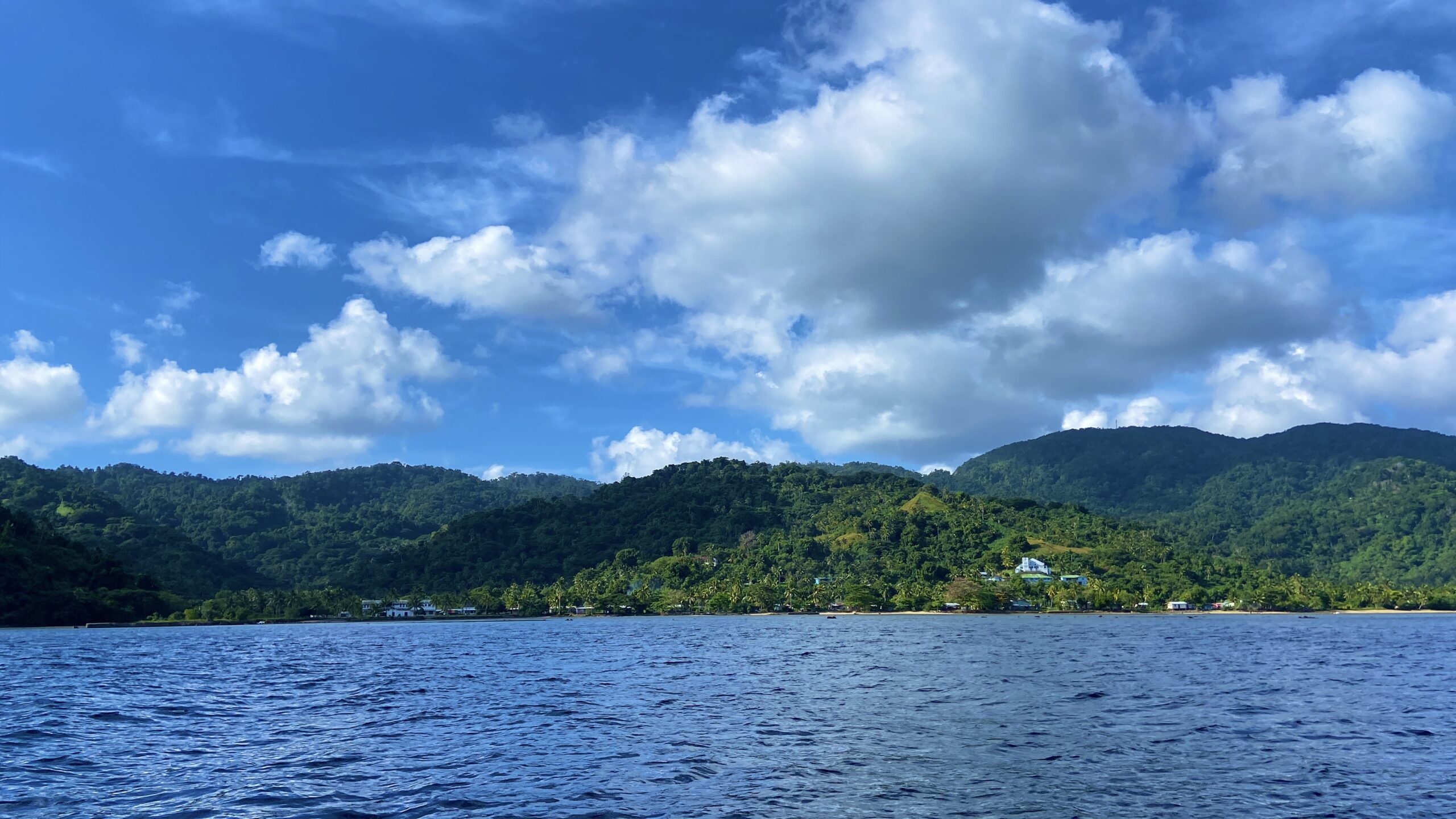
Rabi Island Community Hub (RICH)
RICH is based out of the Rabi Council of Leaders headquarters in Nuku, Rabi and is run by eight volunteers. ICAAD is proud to partner with RICH and showcase their work.
Mission
The mission is to create sustainable, inclusive, and community-led solutions designed to improve the lives of all people on Rabi, protect our island environment, and strengthen the Banaban cultural identity.
History
The idea emerged in 2021 with Rae Bainteiti, a Social Work, Climate Activist, and Pacific Youth Focal Point on Climate Mobility and Human Displacement. In 2022, RICH was given mandates by the 4 village Chairman of Rabi and is a community-based organization.
RICH’s vision is to empower, enhance, and assist our community to live safely, sustainably, and equitably on our island home: a place where the Banaban people and culture can flourish for generations to come.
“In the culture of my father’s people, te I-Banaba – there is no such thing as being part Banaban.
You either are or you aren’t Banaban.”
Teresia Teaiwa (2014)
About Rabi
- 4 villages
- 32 settlements
- 1 Health Center
- 1 High School
- 3 Primary Schools
- 6 Pre-schools
RICH serves about 5,000 people with 3,612 living in Rabi as of 2023. Subsistence economy with fish and kava being the main sources of income.
Funding & Partnerships
RICH is currently volunteer-led. Their three long-term partners include ICAAD, the Unitarian Universalistic Service Committee (UUSC), and the Fiery Canoe Foundation. The work is also supported by Banabans living abroad through donations and volunteer service.
Partner with RICH (email: richconsultancies@gmail.com)
Challenges
- RICH has no core funding and is seeking long-term partnerships to operate sustainably to meet the needs of our communities
- Connecting the RICH office to solar power
- Outfitting the RICH office with work equipment
- Improving accessibility to and within Rabi
- Improving internet accessibility
- Building the capacity of RICH volunteers in the areas of finance, administration, creative communication, NGO management, lobbying and advocacy
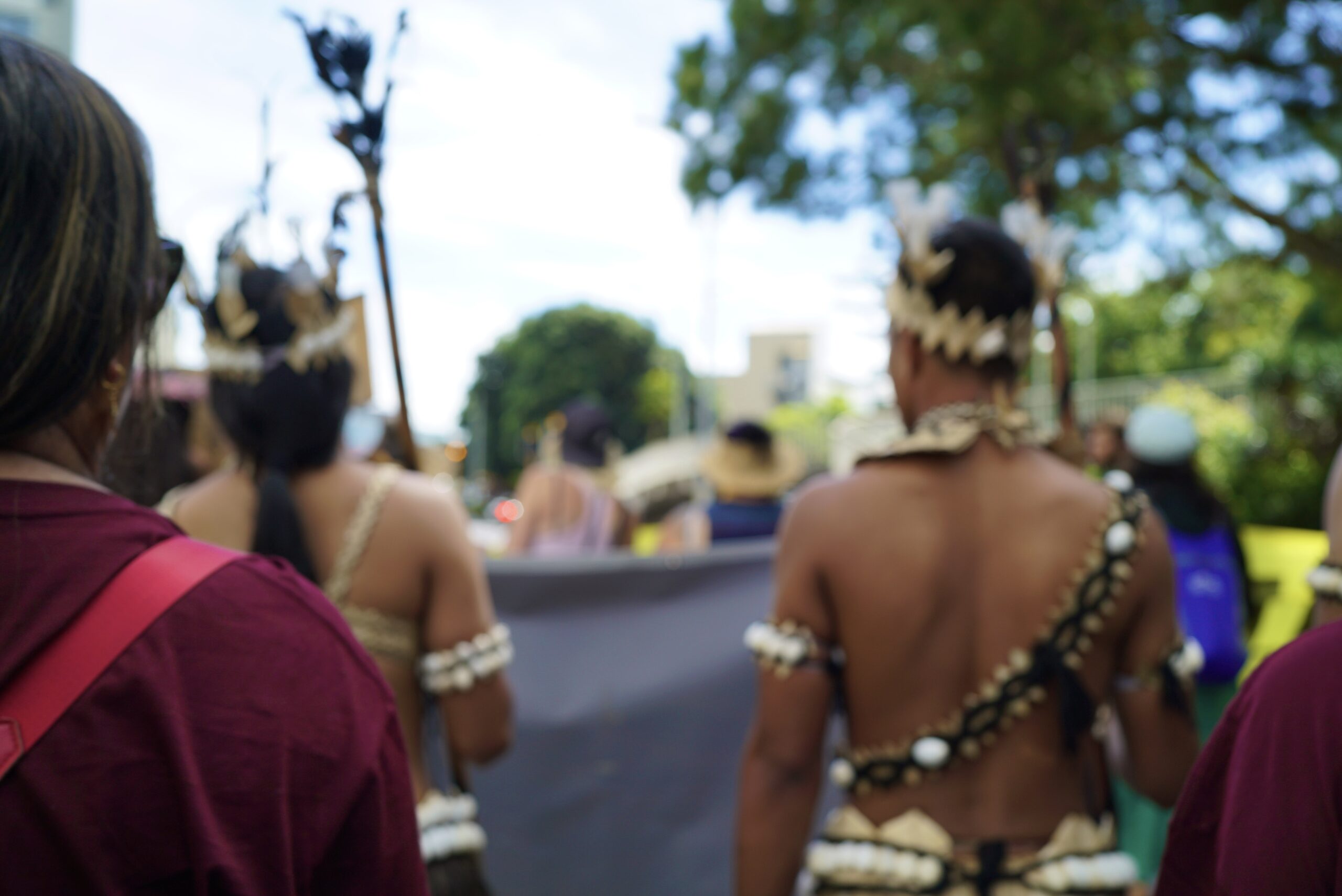
Meet Our Team
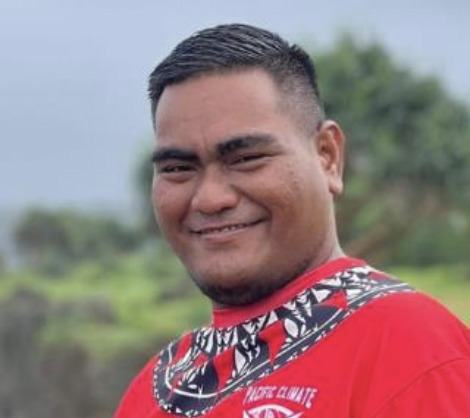
Rae Bainteiti
Program Coordinator
Bachelor of Social Work (Hons), Diploma in Business Accounting, Certificate in Project Development & Management, Pacific Youth Focal Point of Climate Mobility and Human Displacement
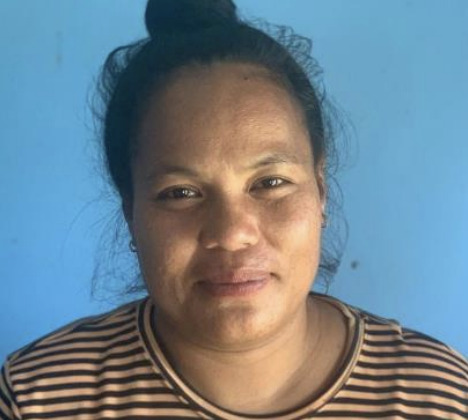
Kataba Pilitati
Finance & Corporate Officer
Bachelor of Economics, Human Resource and Industrial Relations, Diploma in Economics and is a very passionate entrepreneur
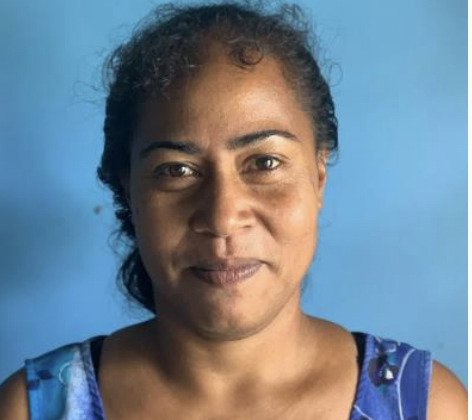
Meti Taratai
Tabiang Village Focal Point
Bachelor in Civil Engineering (Currently studying), Diploma in Civil Engineering and very passionate to design disaster proof houses
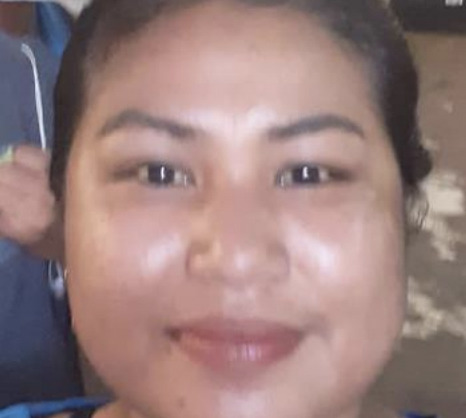
Moera Teremita
Buakonikai Village Focal Point
Double Major in Management, Public of Administration & Tourism and has worked for 7 years in the HR Department at Fiji Revenue & Customs Service
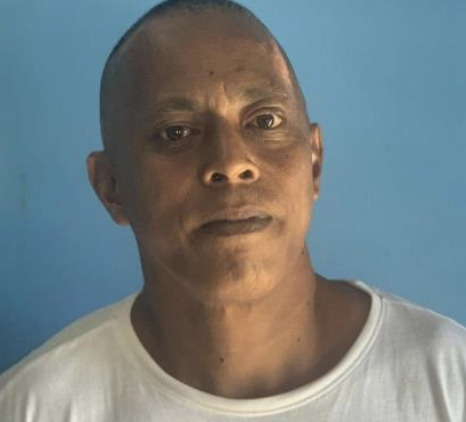
Eritaia Tawaka
Tabwewa Village Focal Point
Diploma in Business Management and is a passionate youth worker and advocate. Eddie now looks after all Climate Change programs
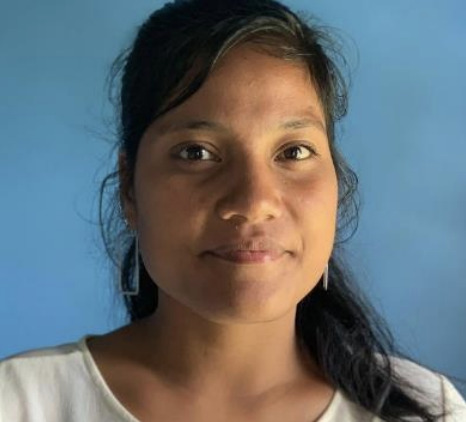
Iorina Teraieta
Uma Village Focal Point
Certificate in Office Administration and has worked at Kioa Primary and Banaban Primary School. Iorina also looks after RICH’s Culture and Heritage program
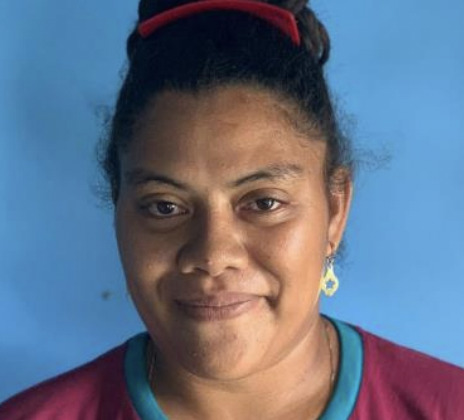
Selai John
Events & Logistics Officer
A passionate community mobilizer who looks after all RICH events and logistics
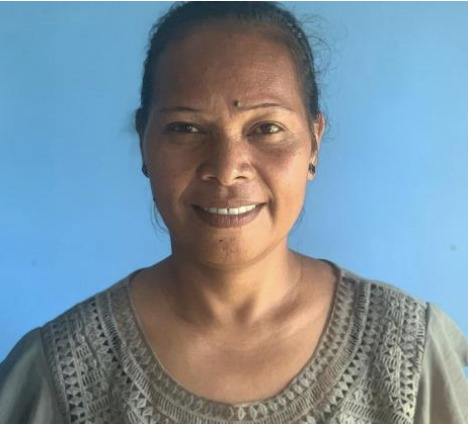
Soro Jack
Community Outreach Officer
Certificate in Early Childhood Education and is currently teaching at Uma Pre-School and has been involved in UN community research in the past
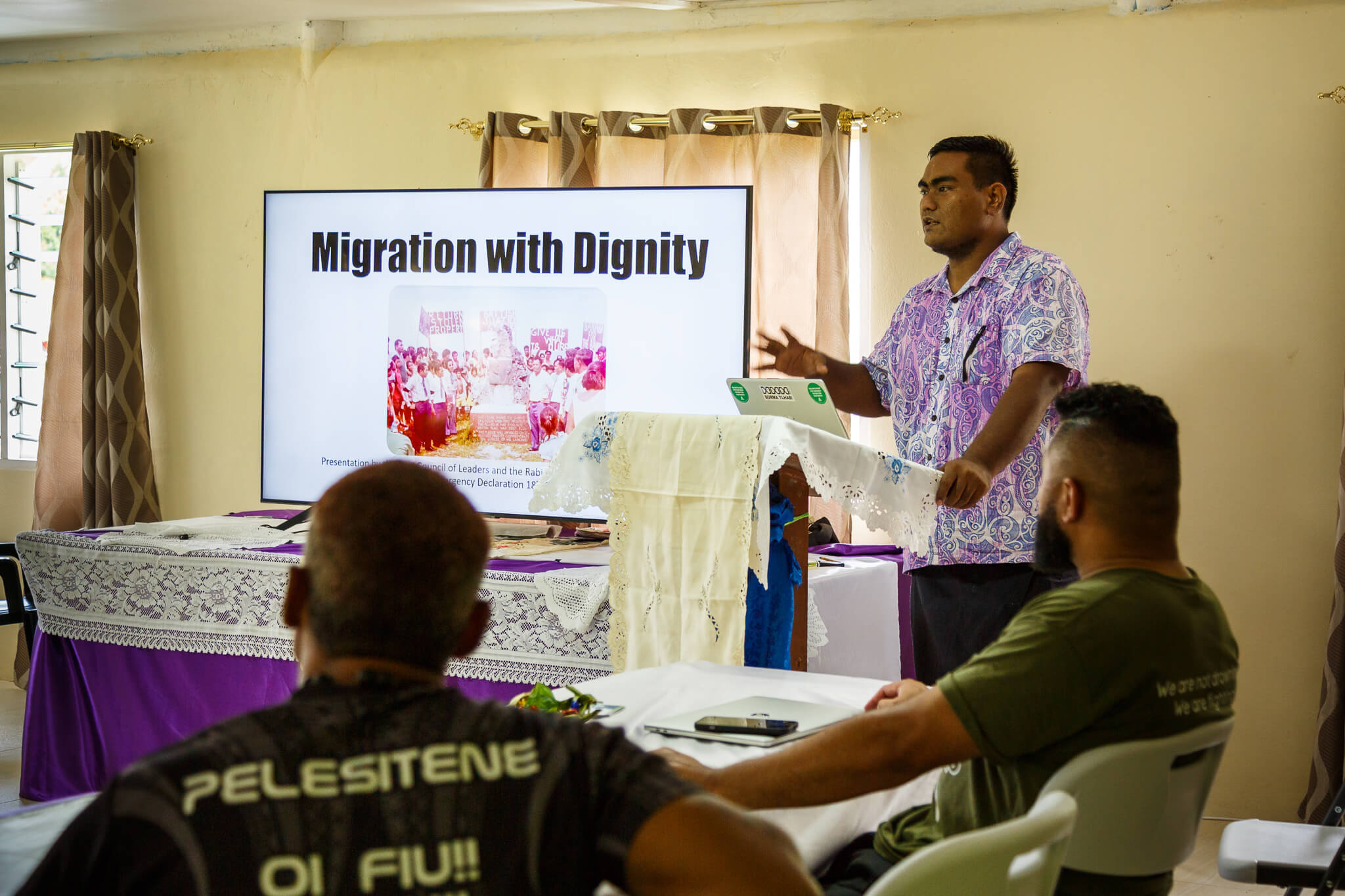
Focus Areas
Community Research & Workshop Facilitation
- The Dispossession and Displacement of Banaba Policy Brief with ICAAD
- Rabi Water Security Report
- Rabi Waste Management Policy
- Sea Cucumber Hatchery and Oyster Farms Feasibility Study
- Rabi Statistics commissioned by the Rabi Council of Leaders
- Capacity building programs
- Answering community requests through village leadership
Water & Sanitation
- There are 19 water catchments on Rabi
- There are 16 reservoirs that supplies water to all the villages on Rabi
- 3 water catchments on Rabi does not have reservoirs
- 696 houses are connected to the water source
- There are four settlements on Rabi that does not have a reservoir – Nuku, Eritabeta and Buakonikai primary school (Levuka) and Naselesele
- There are no wells in the 4 main villages. Wells can be found in the outback settlements but are brackish
- 637 houses have taps while 59 houses do not have taps
- 237 houses (34%) have flush toilets
- 407 houses (58%) have water seal toilets
- 52 houses without toilets
- There are no pit toilets in the four villages
- There are 75 active taps in all the schools on Rabi (All pre-schools, primary schools and Rabi High School). Water in schools not drinkable
- The island percentage for leakage is 70%. 485 households have leakage issues
- There are only 10 rain water tanks on the island’s main villages
- Motawa Water security project was the biggest project we did earlier this year (1.2km in length)
Gender & Disability
- Banaban Women Strategic Plan has been developed over the last two days and will be launched at this year’s World Indigenous Day in Nuku
- The Rabi Women Market Hub will be opened but requires additional support to improve accessibility (e.g. wheelchair ramp)
- Disability support including sourcing wheelchairs and other assistive devices
Education
- Supporting all pre-schools in Rabi with renovation of their buildings, play toys, and water filters
- Supporting the Banaban Primary School with Special School building
- Supporting other school initiatives for examples school excursions, supports, and climate change actions on the ground
Culture & Heritage
- Justice for Rabi: The Story of Banaba exhibition in Auckland New Zealand in February 2023
- Revival of the Banaban Cultural Dancing Group in Rabi which has been defunct for over 20 years and supporting their programs
- Developing educational resources to preserve Banaban history
- Celebrating World Indigenous Day in Rabi on 9th August every year commencing in 2023
Climate Change
- Promoting Nature-based Solutions (NbS) to tackle climate change
- Replanting mangroves
- Nadoi community has plants 3,000 mangroves to date
- Implementing renewable energy projects, for example, solar street lights
- Advocacy and action on climate mobility, human displacement, and loss & damage
Village Development Plans
- Connecting Village Chairman with development partners
- Assisting Village Chairman with research
- Responding to village requests
- Capital projects for Rabi, Fiji, and Banaba rehabilitation
Human Rights
- Contributing to ICAAD’s Right to Life with Dignity project
- Developing a Citizenship Handbook with ICAAD and Clifford Chance
- Pursuing reparations for Banaba
- Campaigning to resist restarting mining of Banaba
- Developing resources for civic education
Counselling
- Youth counselling
- Community Social Work
- Social Work in School
Translation Services
- Providing Kiribati-English translations through simultaneous translation (also available for court hearings)
- Written translation
- Rapporteur for Kiribati language events
“The Banabans spoke the Banaban language, which has gone extinct due to a shift to the Gilbertese language, introduced by Christian missionaries that translated the Bible into Gilbertese and encouraged the Banabans to read it.”
